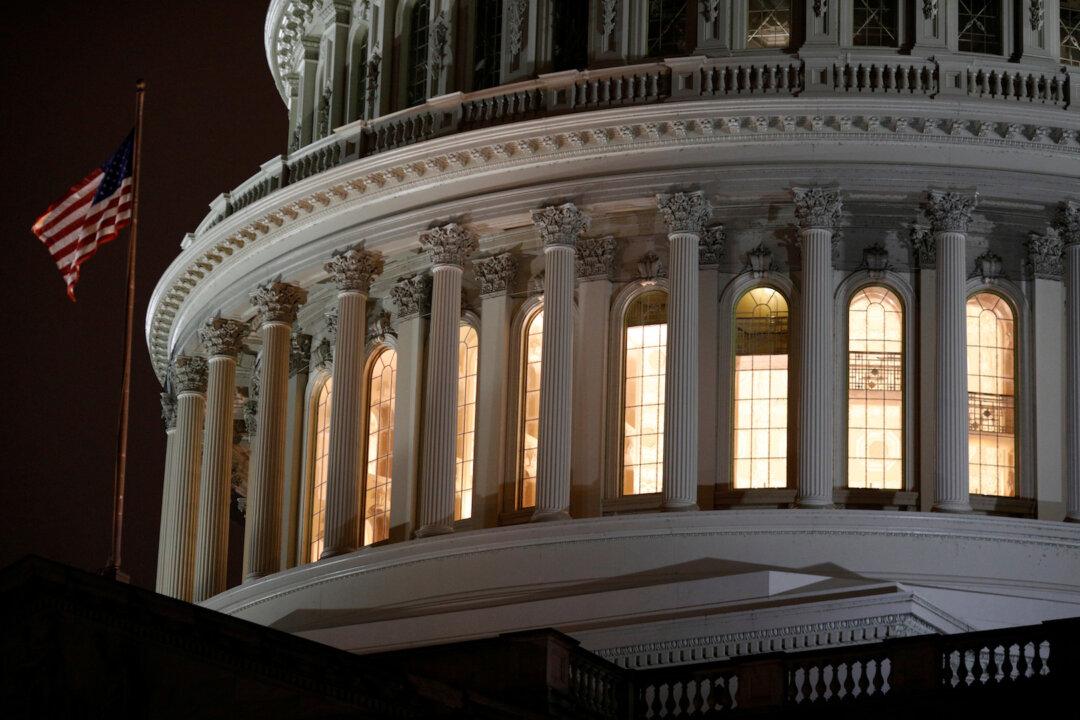The U.S. House of Representatives will not be returning to Washington until at least April 20 amid the CCP virus pandemic, Majority Leader Steny Hoyer (D-Md.) advised members on March 30.
Hoyer’s office told representatives on Monday that the House “is not expected to meet” before April 20, but noted that “if the House is required to take action on critical legislation related to the coronavirus response or other legislative priorities, members will be given sufficient notice to return to Washington, D.C.”




